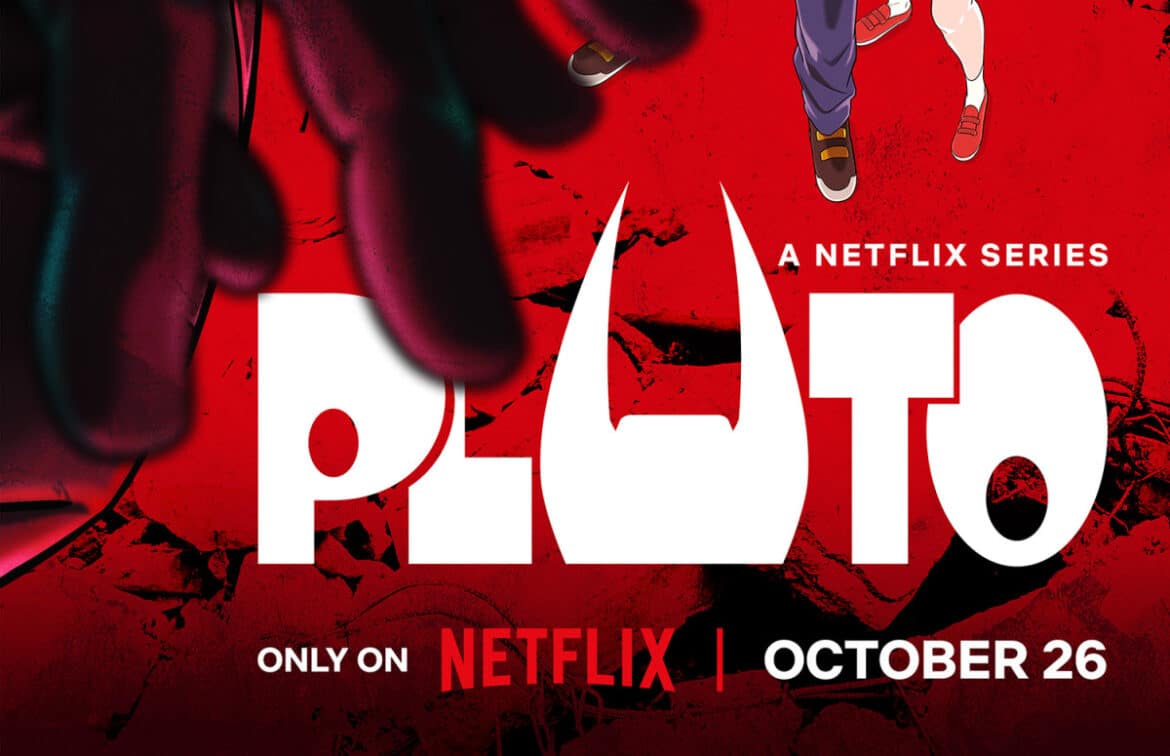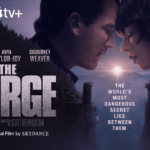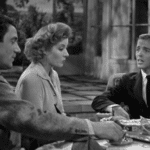Before you could purchase Naruto and Bleach t-shirts in Hot Topic, watch Gundam Wing on TV, and fanboy and fangirl about all things Dragonball or Sailor Moon, only a few anime series made their mark in America and of those many (if not all indirectly) owe their success to Osamu Tezuka. Osamu Tezuka is known as the Godfather of Manga for his importance to the industry, and his titles include Kimba the White Lion, Princess Knight, Phoenix, Dororo, Black Jack, and perhaps most famously Astro Boy. Astro Boy’s footprint is even larger in Tezuka’s home country of Japan, and that reach extends to Naoki Urasawa, a worthy successor to Tezuka’s legacy, whose works are leaving their own indelible legacy. After a series of notable titles including 20th Century Boys, Master Keaton, and Monster, Urasawa set out to try a new take Tezuka’s ‘Astro Boy’ universe called Pluto. Urasawa’s manga ‘Pluto’, co-written by his frequent collaborator Takahashi Nagasaki, was released from 2003 to 2009, and thanks to Netflix now has an anime adaptation released this November 2023.
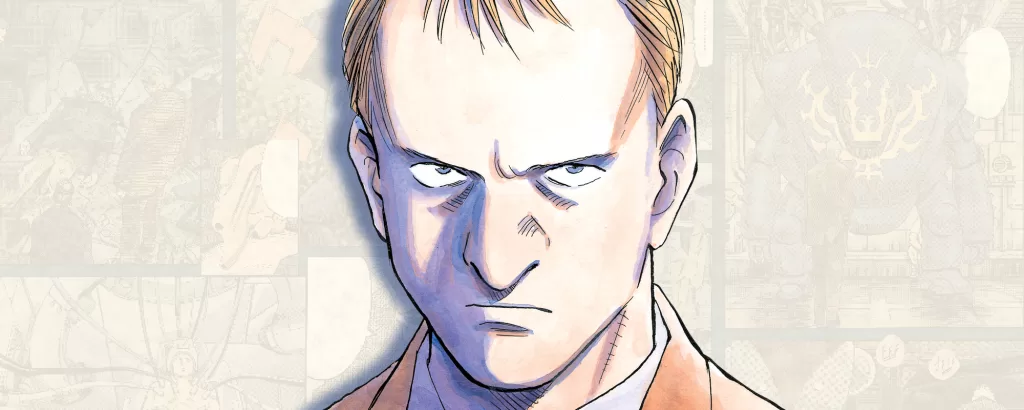
Gesicht in the ‘Pluto’ manga
In the world of ‘Pluto’, Urasawa introduces the audience to Gesicht, a robot who works for Europol and is considered a formidable detective. Gesicht is tasked with looking into the mysterious death of Mont-Blanc, a beloved robot who has served as a protectorate and guide in the Swiss alps. Gesicht finds a grotesque crime scene with only Mont-Blanc’s head in tact with two horns protruding out. Following this crime, Gesicht finds more of the world’s elite robots are being targeted, along with leading scientists in the field. Gradually as he pieces together the story, Gesicht, his fellow robots, and the scientists and political leaders who gave rise to such robots, have to examine their place in the world lest they be destroyed first.
If you’ve read this far you may be wondering where is the mention of Astro Boy, and right off one of the boldest, and I think enriching, choices Urasawa makes is to center the story away from Astro Boy thus subverting expectations. This allows us to learn about the broader world of robots, and for longtime fans of Astro Boy to have their expectations upended, as Gesicht is most notable in the series prior as being a brief antagonist of Astro Boy. In fact, not only does Ursawa take his time getting to Astro Boy, and the most familiar characters in the series, but he also takes his time with each character moment. By the time we are introduced to a robot, or a human (as both are at risk here), we learn enough about their lives to feel invested in their story. This makes each death, and there are a lot of deaths, feel that much more impactful when they happen.
What’s perhaps most intriguing to me about this series, having not read the original, is that while the story undoubtedly has a timeless relevance, as we discuss the pros and cons of A.I., its also uniquely anchored to the early 2000s. Increasingly its clear Urasawa was writing in the wake of the early days of the Iraq War, and much of the trauma connected to this world is tied to a similar war. Though now it’s more broadly understood that the Iraq invasion by the U.S. and its allies was an unfortunate conflict that, even if it removed a dictator, led to the deaths of many civilians, one can imagine at the time this was a bold choice when writing throughout that conflict. Still the interrogations stand the test of time, and really as we grapple with another war at present, it too is regretfully timeless as an examination of conflict and the colletaral damage wars cause.
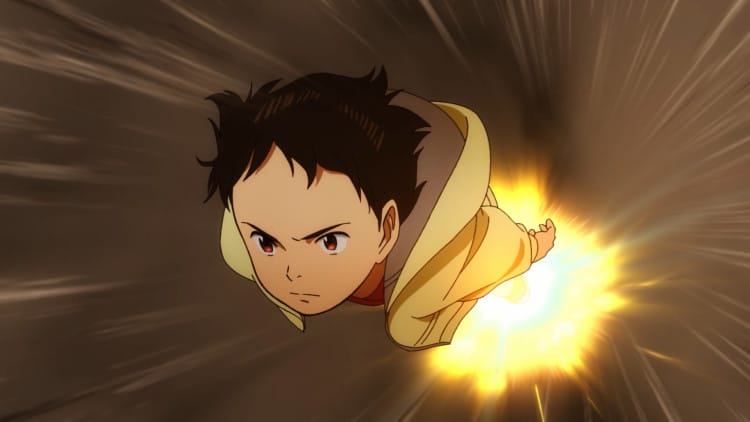
Source: Netflix
‘Pluto’ is co-produced by Studio M2 and Netflix, and what is clear is Urasawa had two things that help make this essential: a healthy budget and a longer runtime needed to tell this story. Though there are only 8 episodes in the series, each episode is between 50 and 70 minutes long, which for an anime is a significant runtime per episode. However for a story like Urasawa’s, which dwells in the quieter, contemplative moments, that’s essential. Likewise the budget means that Urasawa’s art looks incredibly beautiful in every scene, which matters both for the fight scenes, as well as the scenes especially as the audience begins to consider the humanity of the robots and the lack of humanity of some of the human figures. The stunning art really helps with these themes, and they also further Urasawa’s connection to Tezuka, as his style is as much an ode to Tezuka as the adapted story is itself.
As a longtime fam of Urasawa, as I consider Monster an absolute masterpiece as a manga and an anime, I wasn’t surprised at how incredible ‘Pluto’ would be. And yet I still find it deserving of so much more of a spotlight. In a world where so many series, anime and otherwise, are released and then lost to the ether, it’d be a shame if ‘Pluto’ doesn’t get the recognition and audience it deserves. Hopefully with Netflix behind it we’ll see ‘Pluto’ earn that recognition, and perhaps this will lead to future adaptations of Urawsawa’s titles and perhaps even other deep, thought provoking manga series such as ‘Pluto’.
